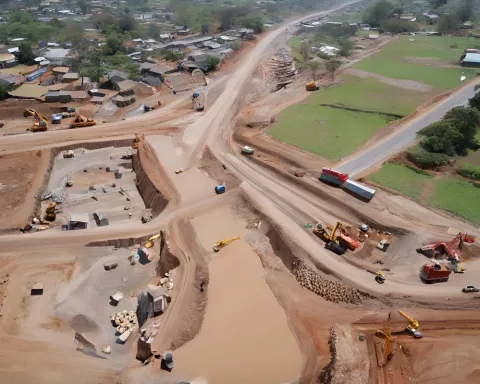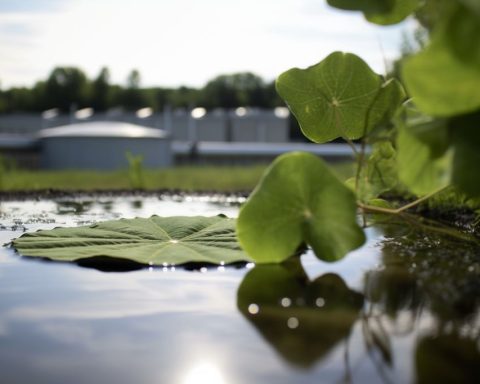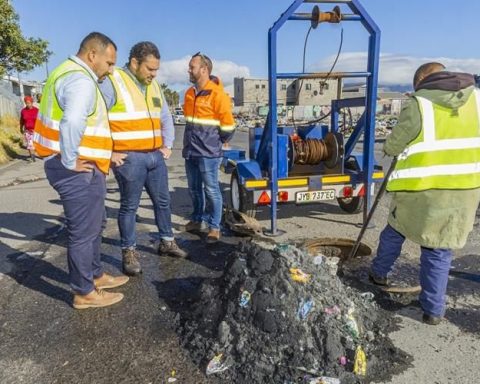A Significant Event in the Water Sector
On a warm December morning in 2023, at the Emperor’s Palace, a significant gathering took place. It consisted of key figures from the water and sanitation sector, representatives from various municipalities, and government officials from across all spheres. They came together for a critical event – the unveiling of the Blue Drop, No Drop Reports, and Green Drop Progress Reports. The day was highlighted by an awards ceremony.
The event’s core figure was the Minister of Water and Sanitation, Mr. Senzo Mchunu. His ministerial address, reflecting the importance of the event, highlighted the value of these reports and their impact not only on the country’s water management efforts but also on the broader promotion of public health and wellness.
The Constitutional Connection and the Evolution of the Water Management Programs
The 1996-established Constitution of South Africa assures all citizens their right to an environment that protects their health and wellbeing, linking these directly with the rights to life and human dignity. This principle is summed up in the saying, “Water is Life. Sanitation is Dignity.” The Blue Drop and Green Drop certification programs, launched in 2008 and published annually from 2009 to 2014, serve as important benchmarks for the quality of the country’s drinking and wastewater.
In 2021, Mchunu breathed new life into these flagship initiatives, reinstating them. The programs returned to auditing Water Services Authorities based on factors such as drinking water systems, water conservation, demand management and wastewater treatment works. The No Drop program, a crucial part of this effort, aimed at maintaining efficiency in water distribution systems and reducing water wastage through leaks.
The programs strive to push Water Services Authorities to exceed the bare minimum and strive for excellence. The Drop Certification program has fostered a culture of regulatory compliance, setting a benchmark for municipalities to aim for. It offers citizens essential information about the performance of their water and sanitation services, thereby providing them with knowledge and promoting transparency.
Addressing Performance Decline and Encouraging Reforms
In an effort to tackle the worrying drop in the performance of many municipal drinking water systems since the last report was released in 2014, a comprehensive approach was taken. The Department of Water and Sanitation worked with the Department of Cooperative Governance and Traditional Affairs, the Municipal Infrastructure Agency, the Department of Human Settlements, and the National Treasury to develop action plans. These included providing grants worth over R20 billion per annum to municipalities, technical and engineering support, capacity building and training, and financial management advice.
The government also highlighted the need for fundamental reforms to complement the national government’s support and interventions. The recently published public comment Water Services Amendment Bill aims to achieve more professionally managed, efficient, and financially viable water services institutions.
Closing Remarks and the Future of Water Management
As the program comes to an end, the gratitude for the collective efforts of the participating municipalities, researchers, service providers, and other stakeholders is clearly felt. Their dedication has brought the program international recognition. Mchunu expressed his gratitude to the award recipients for their steadfast commitment to public service. He urged those trailing to push for progress, embodying the spirit of resilience and determination that underlines these programs. The journey is not over. The Drop reports will continue to serve as a navigational tool, directing South Africa’s water management efforts toward a sustainable future.












